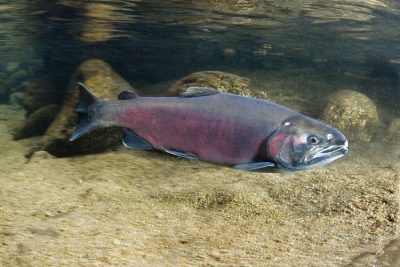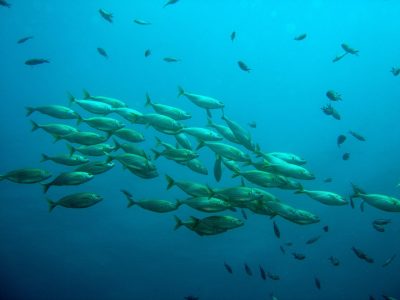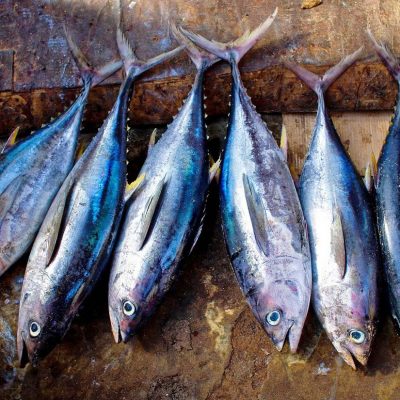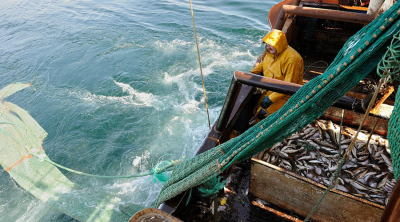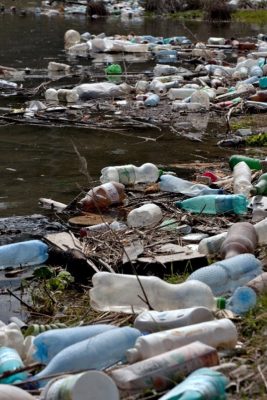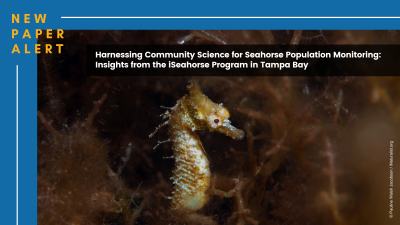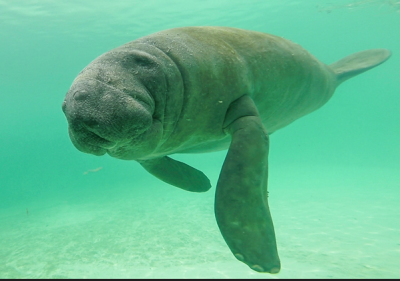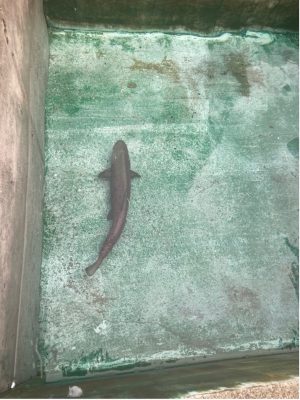Fish farm pathogen risks not properly addressed in federal government’s framework: Study
It identifies key flaws that led DFO to conclude that T. maritimum is unlikely to cause disease in wild fish, and that PRV is not an infectious disease agent – despite credible scientific evidence to the contrary.
Dr. Colette Wabnitz named a Falling Walls Foundation’s Women’s Impact Award winner
This award recognises outstanding projects that advance gender equity and generate meaningful societal impact for women and girls.
Nations will see half of their straddling stocks moving towards the high seas by 2050
UBC finds that 37% of straddling stocks are projected to have significant shifts between Exclusive Economic Zones (EEZs) and the high seas by 2030, while more than 50% could do so by 2050.
Addressing gendered impacts of climate change and IUU in small-scale fisheries
Researchers investigated the gendered impacts of climate change and IUU fishing and offered community-driven approaches to foster resilience, equity, and sustainability in SSFs across climate-sensitive regions.
Fisheries disrupt balance of marine nutrients in countries’ Exclusive Economic Zones
The 4 billion tonnes of marine organisms that global fisheries extracted from the ocean between 1960 and 2018 resulted in the depletion of over 560 million tonnes of essential nutrients vital to ecosystem health.
Cooperating to tackle plastic pollution
Shifting the focus of intervention to the supply-side, by evaluating the potential environmental and economic outcomes of a voluntary levy on the top 100 plastic producers.
Project Seahorse’s new study highlights the value of community science for seahorse monitoring and conservation
“Harnessing Community Science for Seahorse Population Monitoring: Insights from the iSeahorse Program in Tampa Bay” was published in Aquatic Conservation: Marine and Freshwater Ecosystems. The study showcases the important role of community science in monitoring seahorse populations to support conservation efforts.
Drawing maps of Greater Caribbean manatee habitats in South America; a huge step forward in conservation and rehabilitation
The West Indian manatees that inhabit South America is classified as “Endangered” by the IUCN due to threats like habitat loss, boat collisions, and climate change. Their survival depends on active conservation efforts to protect their habitats and reduce human impacts.
UBC researchers investigate thiamine (vitamin B1) deficiency in BC Chinook salmon for the first time
Since the 1990’s, TDC has been associated with fish and seabird declines in the Great Lakes and the Baltic Sea. In addition to direct mortality, TDC includes sublethal effects across all salmon life stages, including reduced visual acuity and feeding rates, reduced migration performance, and impaired immune response.
